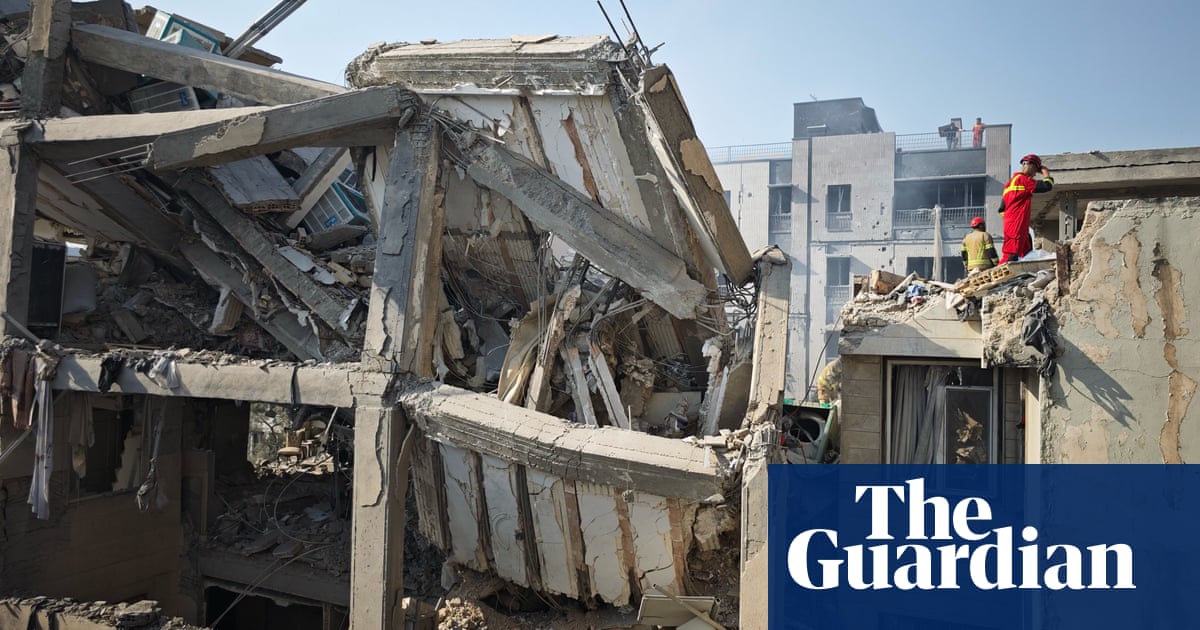Britain was not involved in providing military support to Israel’s attack on Iran, the UK government has said, as the prime minister called for all parties to urgently de-escalate after the airstrikes that were launched overnight.
Officials also initially indicated the UK was not involved in shooting down about 100 drones launched byIranin retaliation – but later declined to comment when asked formally to confirm this.
The US has also said it was not involved in the attack on Iran – describing the Israeli action as unilateral – but warned Iran and its allies not to target US interests or personnel in the region.
TheUK was involved in Israel’s defence in April 2024when RAF Typhoons were involved in shooting down drones fired by Iran – and to a more limited extent in October 2024 during a ballistic missile attack by Tehran.
The response comes amid a hardening of the British line against Israel, with ministers having condemned its aid blockade of Gaza andplaced sanctions on two membersof the Israeli government.
Keir Starmer said on Friday: “The reports of these strikes are concerning and we urge all parties to step back and reduce tensions urgently. Escalation serves no one in the region.
“Stability in the Middle East must be the priority and we are engaging partners to de-escalate. Now is the time for restraint, calm and a return to diplomacy.”
Sarah Jones, the industry minister, told Sky News the government was “doing everything we can to urge restraint and to try and de-escalate the situation”.
Israel said on Friday it hadattacked the targets inside Iranbecause Tehran had begun to build nuclear warheads. With Iran’s supreme leader, Ali Khamenei, threatening “severe punishment”, the Israeli military said on Friday it was trying to intercept 100 drones that Iran had launched against it.
With world leaders calling for restraint on both sides, British ministers and officials met on Friday morning to decide their response. People briefed on those meetings said in the early morning the UK had decided not to help shoot down the drones or intervene militarily, only for the position to become less clear later.
Britain has justified previous interventions on the grounds it was coming to Israel’s defence, providing a small contribution alongside the US and Jordanian air forces. TheUS said it shot down 70 drones last April.
Since then the British government has become increasingly angered by Israel’s actions, especially in the Gaza Strip, where Israeli forces have killed scores of Palestinians trying to access humanitarian aid.
